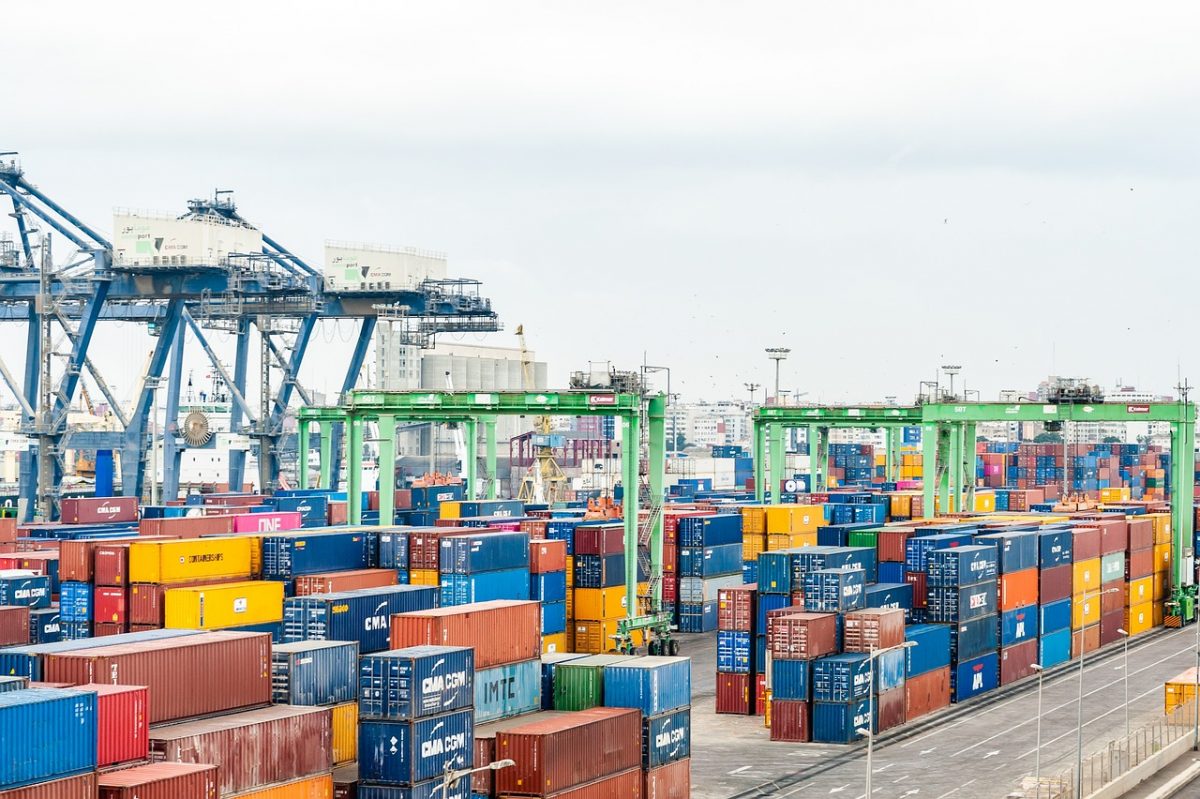Investing in communication technologies has provided several benefits for shipping firms. Most ships have grown into remote offices at sea, providing the captain and crew with dependable Internet connectivity, virtual networks, email, route planners, and a variety of other technologies and applications. Further investing in innovative technologies can enhance regular vessel operations while also lowering corporate expenses and optimizing business processes.
Machine Learning enables users to use sophisticated algorithms and analyze data, which aids in guiding the logic of potential issues in marine transportation. These approaches may be used for maritime network design, trip planning, cargo optimization, maintenance processes, and other areas.
Machine learning, a branch of Artificial Intelligence, relies on working with small to large datasets by examining and comparing the data to find common patterns and explore nuances. It enables the use of intelligent algorithms and the evaluation of data, which aids in guiding the logic of potential issues in marine transport. These algorithms may be applied to maritime network design, trip planning, cargo optimization, and other applications.
The intelligence of ML algorithms, combined with industry knowledge, has the potential to provide a significant advantage to shipping companies that first adopt them in their operations. The bigger the investment in AI/ML, the more advantage from their big data analysis capabilities as ML algorithms can handle data from the whole history of a vessel’s operation.
Advanced Machine Learning algorithms will be capable of enhancing trip optimization, such as fuel economy, crew performance, voyage cost estimates, calculating the ideal route in a minute, and providing advice on speed, course, and so on. ML algorithms, for example, may be used to estimate fuel usage based on engine data and vessel parameters. These algorithms enable the transformation of massive amounts of noisy sensor data and other onshore data into organized information that may be used to anticipate fuel usage and map ideal paths for boats.
As data is a critical component for removing uncertainty, adopting ML algorithms can assist to boost the usual data that might be critical for shipowners. Data mining in the marine industry has been quite restricted thus far. As a result, as compared to other industries, the deployment of ML approaches in marine transport is restricted. Taking this into consideration, our innovators have created solutions incorporating edge platforms, machine learning models, onboard sensors, and application software. We have solutions for Predictive Scheduling, Container Positioning Organization, Voyage Planning and Route Forecasting, Fuel Consumption Optimization, and Predictive Maintenance.
We would be pleased to hear from you and would want to discuss potential partnership opportunities. Please write to us at open-innovator@quotients.com






